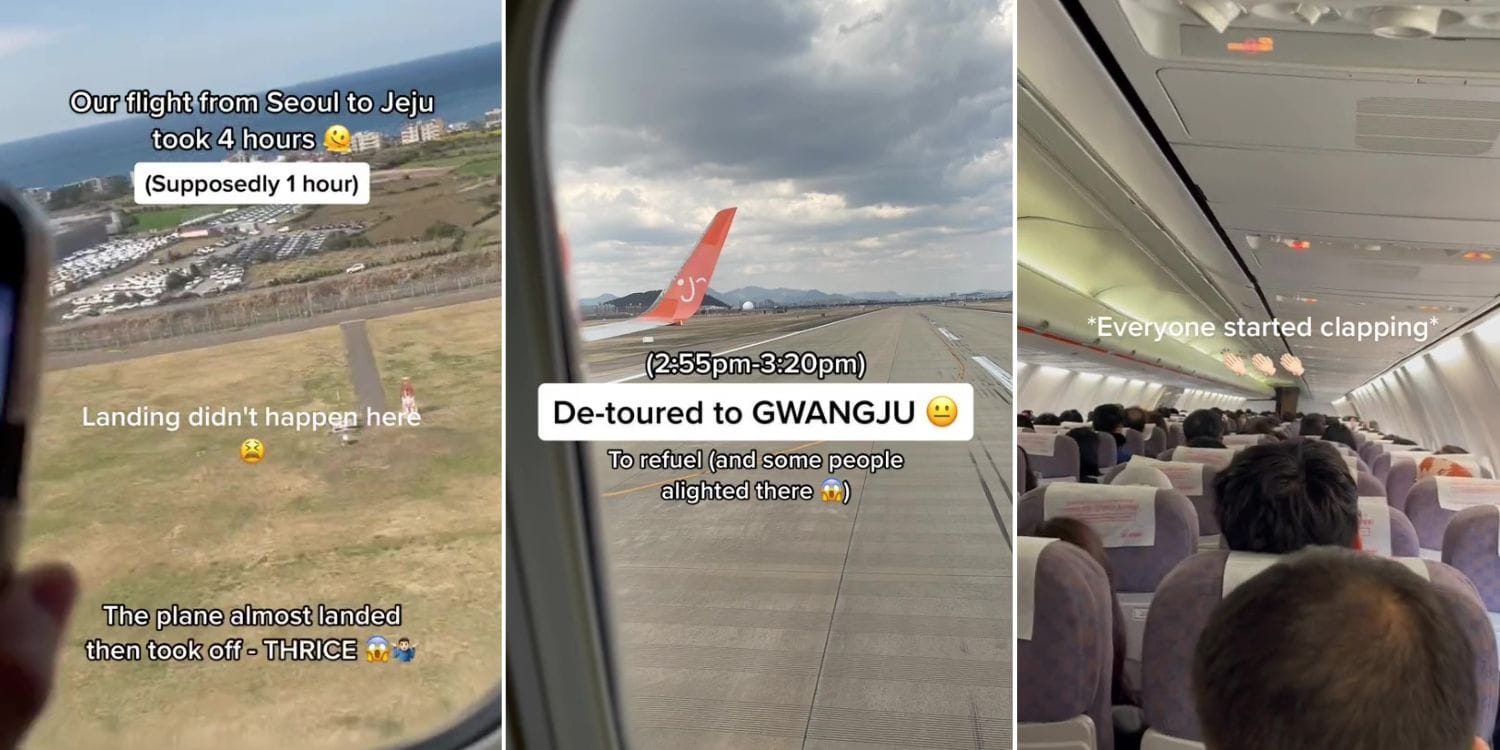The aviation industry is grappling with the implications of a recent investigation into the catastrophic crash of a Jeju Air flight, which claimed the lives of 179 individuals. The findings indicate that the aircraft’s black boxes, which are crucial for post-accident analysis, ceased recording a mere four minutes before the disaster unfolded. This revelation has sparked concerns among aviation experts and regulatory bodies regarding the adequacy of flight data recording systems and the potential for future improvements in safety protocols.
The Jeju Air flight, which was en route to its destination when it tragically went down, has become a focal point for discussions surrounding aviation safety and the importance of black box technology. Black boxes, formally known as flight data recorders (FDR) and cockpit voice recorders (CVR), are designed to capture critical information about an aircraft’s performance and the actions of its crew during flight. This data is invaluable for investigators seeking to determine the causes of an accident and to implement measures to prevent similar incidents in the future.
The fact that the black boxes stopped recording just four minutes before the crash raises several questions. Investigators are now tasked with understanding why this occurred and whether it was due to a technical malfunction or other factors. The timing of the cessation of recording is particularly concerning, as it leaves a significant gap in the data that could provide insights into the events leading up to the accident. Without this information, investigators may face challenges in piecing together the sequence of events that led to the tragic outcome.
In the aftermath of the crash, aviation authorities have emphasized the need for rigorous safety standards and the continuous improvement of technology used in flight data recording. The incident has prompted discussions about the potential for enhancing the capabilities of black boxes to ensure that they capture data for the entirety of a flight, even in the event of a catastrophic failure. Experts are advocating for advancements in technology that could allow for real-time data transmission, enabling investigators to access critical information even if the aircraft is lost.
The Jeju Air crash is not an isolated incident; it is part of a broader narrative concerning aviation safety and the challenges faced by the industry. While air travel remains one of the safest modes of transportation, accidents do occur, and each incident serves as a reminder of the importance of learning from past mistakes. The aviation community is committed to using data from accidents to enhance safety measures and to prevent future tragedies.
As the investigation into the Jeju Air crash continues, families of the victims are seeking answers and closure. The loss of 179 lives is a profound tragedy, and the emotional toll on the families and communities affected is immeasurable. In addition to the technical aspects of the investigation, there is a human element that must be acknowledged. The families of those lost in the crash are left grappling with their grief while hoping for clarity regarding the circumstances that led to the disaster.
In conclusion, the revelation that the black boxes on the crashed Jeju Air flight stopped recording just four minutes before the disaster has raised significant concerns within the aviation industry. As investigators work to uncover the reasons behind this critical gap in data, the focus remains on enhancing safety protocols and ensuring that future flights are equipped with technology capable of capturing vital information throughout the entirety of a journey. The commitment to learning from this tragedy is paramount, as the aviation community strives to honor the memory of those lost by preventing similar incidents in the future.



